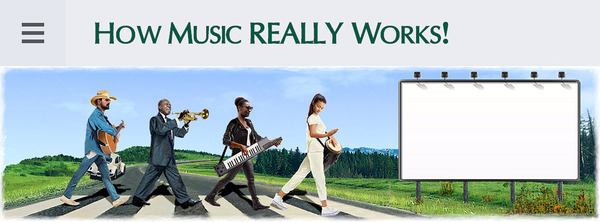You Are Reading the First 6 FREE Chapters (470 pages)
1.5.6 Mnemonic Devices and Temporal Organization
Music, perhaps, provides a unique mnemonic framework within which humans can express, by the temporal organization of sound and gesture, the structure of their knowledge and of social relations. Songs and rhythmically organized poems and sayings form the major repository of knowledge in non-literate cultures. This seems to be because such organized sequences are much easier to remember than the type of prose which literate societies use in books.
To transfer knowledge across generations, you need human societies. But to get to the point of having human societies, you need group bonding and socialization. That’s why music, dance, and language had to predate the formation of cohesive societies, which only emerged in the past few thousand years.

